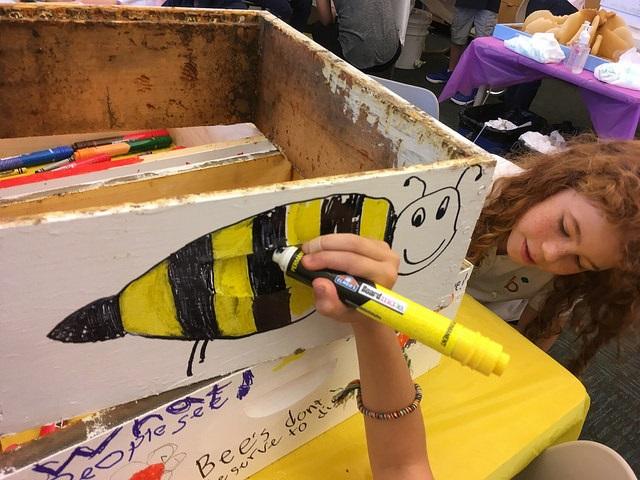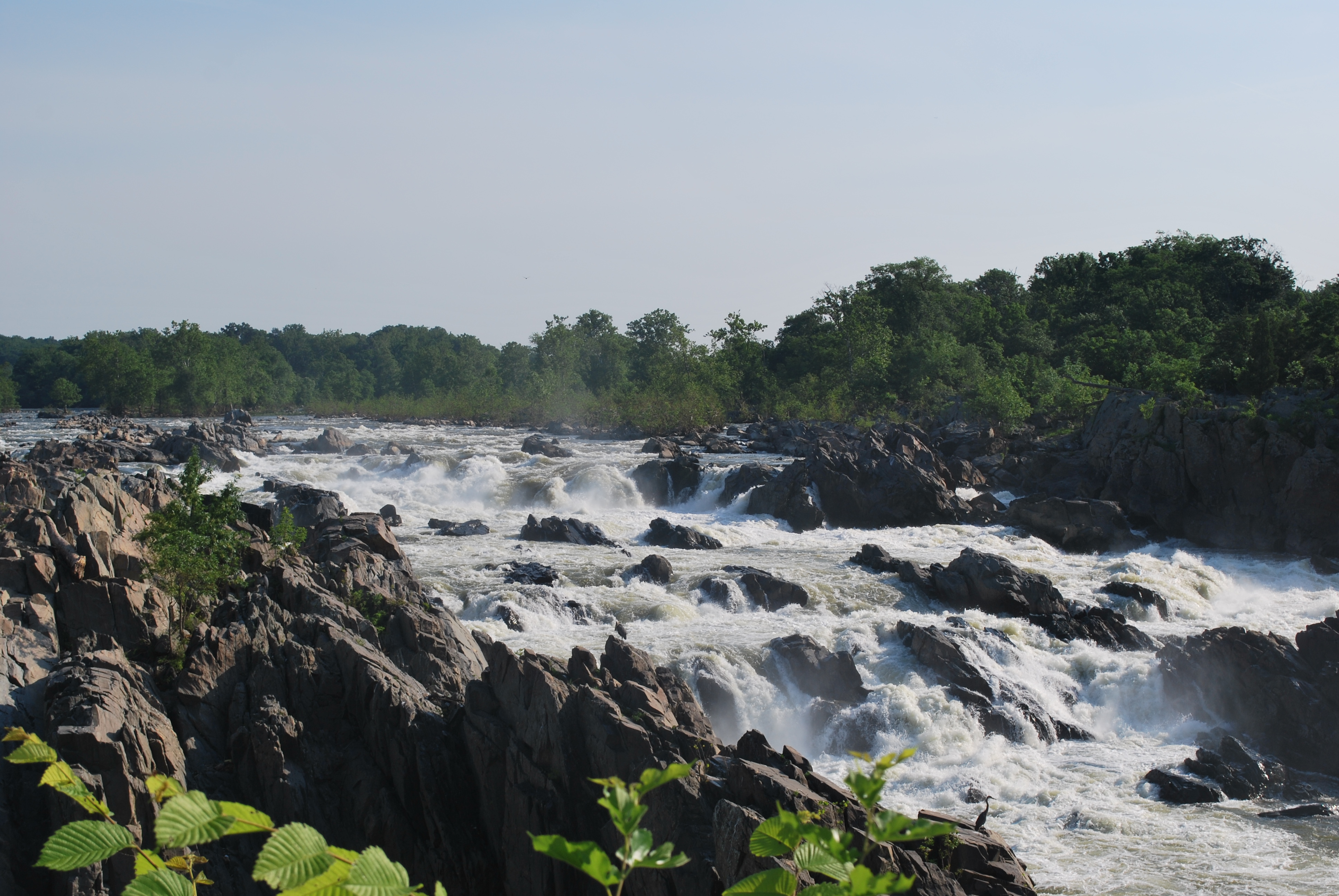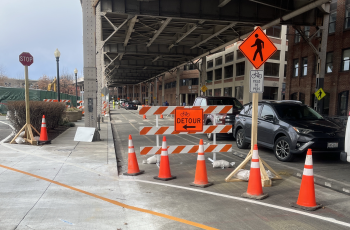The Buzz at Blue Plains

DC Water has never been shy about trying new things. From the top on down everyone is encouraged to look for new ways and do our job better or try approaches that could produce an improved outcome.
So it wasn’t too much of a stretch when Bill Brower and Chris Peot conceived an idea to use some of the 150 acres here at the Blue Plains Advanced Wastewater Treatment Plant as a home for honey bees.
That’s right: bees.

Bill and Chis were both aware that in recent years the bee population has suffered considerably - partly because of encroaching development but also because of mysterious mites that kill the hives. That trend has implications for flowers and pollination. So DC Water is providing healthy space for bees.
Today, there are 4 healthy and full hives on the roof of a building we call the Central Maintenance Facility. They are cared for through a clever relationship DC Water set up with the DC Beekeepers Alliance, in which the bees live here but beekeepers from offsite come check on them periodically.
The bees love the location since they have plenty of water nearby in the form of the Potomac River. Also, Oxon Hill Farm is just on the other side of 295, providing ample vegetation.
The bees were our little secret, until recently. On May 31, Bill and Chris joined with DC Public School teacher Amanda Mentzer and Toni Burnham with the DC Beekeepers Alliance for a demonstration of harvesting the honey from the frames of the hive in front of some eager students at Maury Elementary School, on the north side of Capitol Hill.
Mentzer is a STEM teacher at Maury and Burnham is a well-regarded local beekeeper who not only raises bees but also has taken a lead on sharing her knowledge and love of beekeeping with children. Burnham is also in charge of the care and tending of the bees that live here at Blue Plains, the largest advanced wastewater treatment plant in the world.
The event was a huge success! The children loved learning about bees and honey and appreciated knowing that DC Water was the home of the bees.
Students took turns scraping the honey comb to free up the delicious honey inside. Once that part was finished, the combs were brought over to a giant vat where they were spun in circles so that the honey would spin loose and drip to the bottom of a giant honey collection bucket. From there, it was slowly drained into mini honey bottles that the students were each allowed to keep and bring home.
Separately, students were encouraged to make their own decorations on hives with Sharpies, drawing colorful images of bees and flowers as well as inspirational slogans and messages for the bees to read. “Bees Are Awesome,” read one.
The entire experience was awesome and Bill and Chris have more big ideas on tap for showcasing the honey produced out here at Blue Plains.









